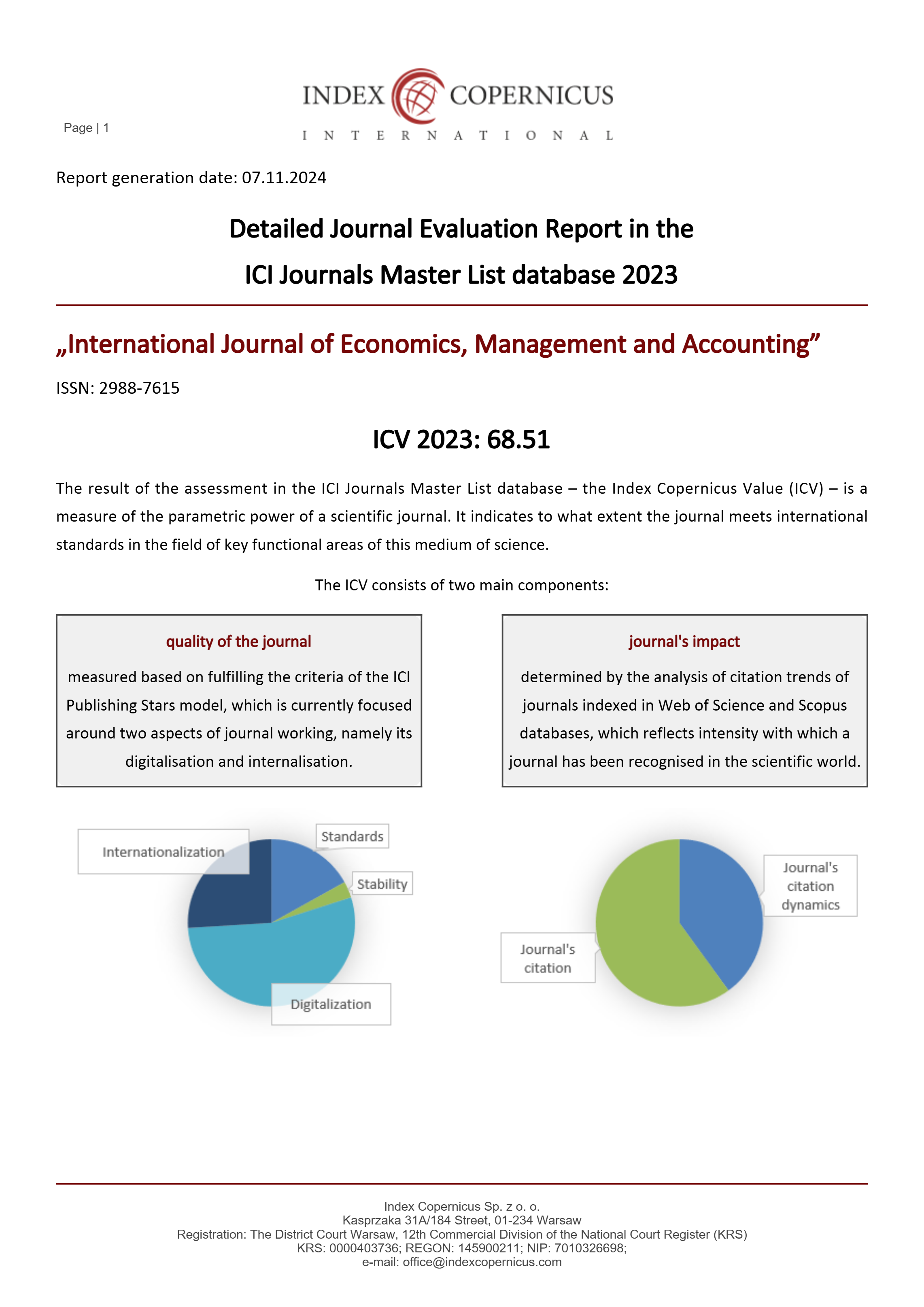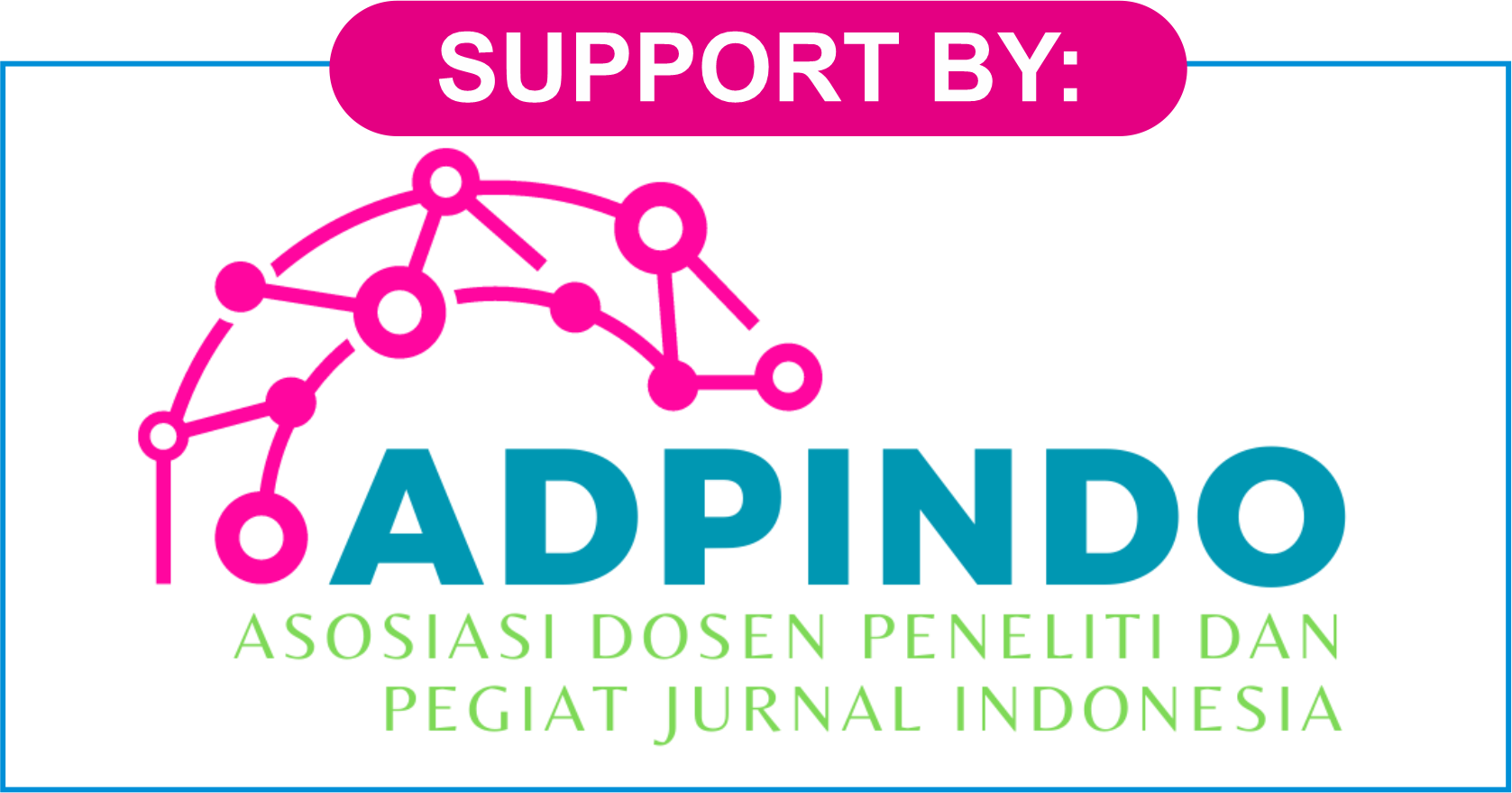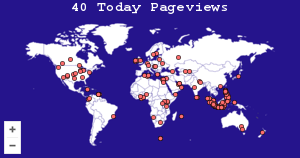The Effect of Situational Leadership Style on Employee Performance with Work Motivation as A Variable Intervening in PT PLN (Persero) Service Unit Bukit Barisan Customers
DOI:
https://doi.org/10.47353/ijema.v3i2.324Keywords:
Situational Leadership Style, Work Motivation, Employee Performance, MediationAbstract
This study aims to analyze the influence of situational leadership style on employee performance with work motivation as a mediating variable. The research was conducted at PT PLN (Persero) Service Unit Bukit Barisan with a total of 60 respondents. A quantitative approach was applied, and data were analyzed using SmartPLS 3. The results indicate that situational leadership style does not have a direct significant effect on employee performance, but it has a positive and significant effect on work motivation. Furthermore, work motivation has a positive and significant effect on employee performance. Another finding reveals that work motivation fully mediates the relationship between situational leadership style and employee performance. These findings emphasize the importance of leadership style in shaping employee motivation, which in turn affects performance improvement. Therefore, organizations should adopt a flexible leadership approach that focuses on enhancing employee motivation to achieve optimal performance outcomes.
Downloads
References
Arsandi, M., Sahabuddin, R., Akbar, A., Burhanuddin, & Natsir, U. D. (2023). The Influence of Leadership Style and Work Motivation on Employee Performance at The Office of The Department of Population and Civil Registration of Kepulauan Selayar District. International Journal of Economics, Management and Accounting (IJEMA), 1(3), 93–104. https://doi.org/10.47353/ijema.v1i3.37
BR. Sitepu, E. ., & B, M. . (2023). Analysis of the Effect of Management Control Systems on Employee Performance Moderated by Transformational Leadership at Dr. RM. Djoelham Regional General Hospital in Binjai City. International Journal of Economics, Management and Accounting (IJEMA), 1(4), 213–224. https://doi.org/10.47353/ijema.v1i4.51
Ferine, K. F., & Ermiati, C. (2020). Pengaruh Motivasi Dan Kompetensi Terhadap Kinerja Karyawan Ukm Binaan Bank Sumut Cabang Kampung Baru Cabang Medan. Liabilities (Jurnal Pendidikan Akuntansi), 3(2), 115–120. https://doi.org/10.30596/liabilities.v3i2.5587
Edy Sutrisno, (2019). Manajemen Sumber Daya Manusia. Cetak ke sebelas. Prananda Media Group, Jakarta.
Hasibuan, Malayu. (2016). Manajemen Sumber Daya Manusia. Jakarta: Penerbit Bumi Aksara.
Rivai, Veithzal, (2017). Manajemen Sumber Daya Manusia. Untuk Perusahaan. Cetakan I. Jakarta: Murai Kencana.
Robbins, S. P., & Judge, T. A. (2020). Organizational Behavior. Jakarta: Salemba Empat.
Sinambela. (2016). Manajemen Sumber Daya Manusia: Membangun Tim Kerja yang Solid untuk Meningkatkan Kinerja. Jakarta: Bumi Aksara.
Siagian, S. P. (2020). Manajemen Sumber Daya Manusia. Jakarta: Bumi Aksara.
Sugiyono. (2016). Metode Penelitian Kuantitatif, Kualitatif, dan R&D. Bandung: Alfabeta.
Veri Siregar, E. ., & Isa Indrawan, M. . (2025). The Influence of Leadership Style and Organizational Culture on Employee Performance with Employee Motivation as a Moderating Variable in BPJS Employment Kisaran Branch and Padang Sidimpuan Branch. International Journal of Economics, Management and Accounting (IJEMA), 2(10), 853–866. https://doi.org/10.47353/ijema.v2i10.252
Wibowo. (2020). Manajemen Kinerja. Jakarta: Rajawali Pers
Downloads
Published
How to Cite
Issue
Section
License
Copyright (c) 2025 Harry Simbara, Kiki Farida Ferine, Muhammad Isa Indrawan

This work is licensed under a Creative Commons Attribution 4.0 International License.











